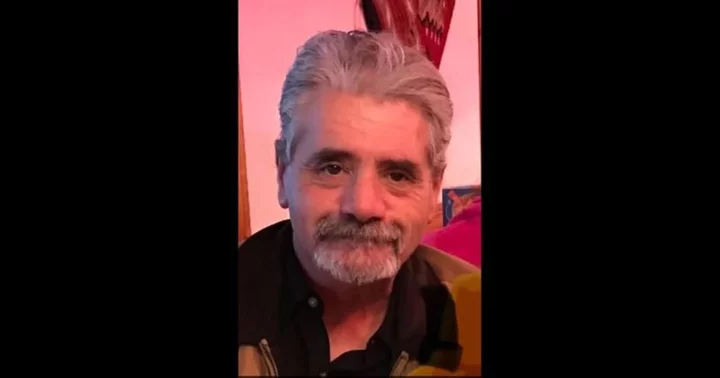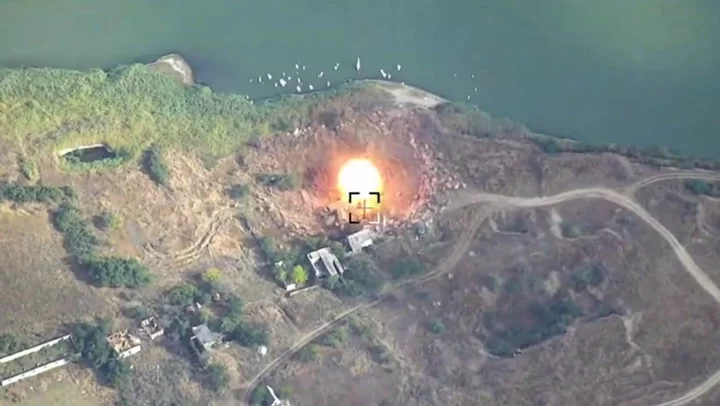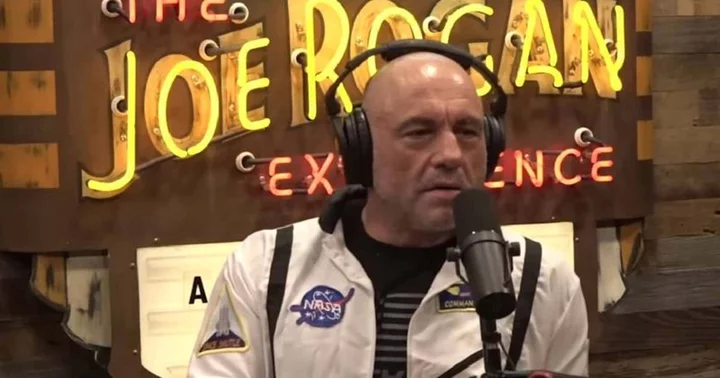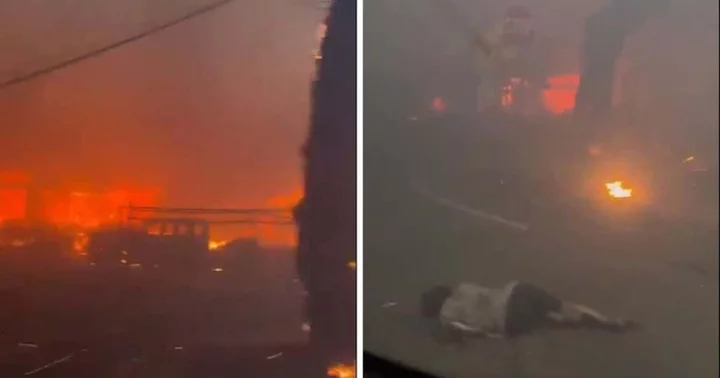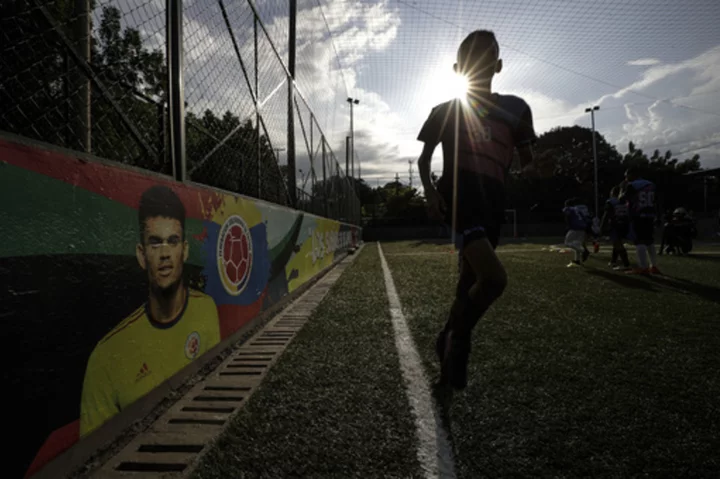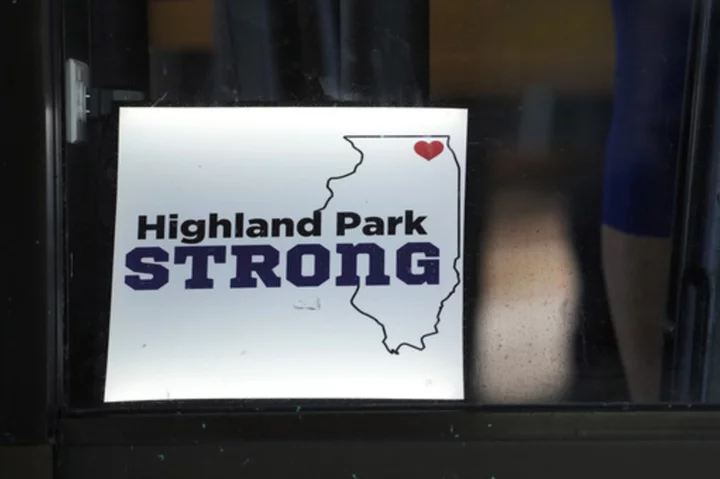BALTIMORE, MARYLAND: A 63-year-old man, Paul Bertonazzi, was discovered dead in the psychiatric ward of the esteemed Johns Hopkins Hospital. His spine had been severely severed, prompting his family to demand answers about the shocking transition from patient to homicide victim, as per Daily Mail.
Paul Bertonazzi suffered 'behavioral crisis' at local Burger King
On January 7, Baltimore police responded to a call for assistance at a local Burger King. They encountered Bertonazzi, who was in the middle of a 'behavioral crisis.'
Subsequently, the officers took him to Johns Hopkins Hospital's psychiatric ward.
Just after his arrival, his daughter, Brandy Delp, received a call informing her that her father had suffered a broken neck. Bertonazzi required urgent surgery and was placed on a ventilator.
Even if the operation succeeded, he would face life as a paraplegic. Just five days after his admission, the ventilator was disconnected, and Bertonazzi succumbed to his injuries.
Paul Bertonazzi's death ruled 'homicide' by Maryland's chief medical examiner
Ten months after this tragic incident, the chief medical examiner of Maryland declared Paul Bertonazzi's death a 'homicide,' attributing it to 'trauma to the body.'
Bertonazzi's family shared that he had been battling mental health issues and spondylosis, a condition affecting the spine. While initial footage shows him being transported into the hospital by police, with visible movement in his legs, he would later become paralyzed from the neck down.
The absence of recording in the psychiatric ward, in accordance with hospital policy, shrouds the events that led to this outcome.
Johns Hopkins Hospital, in response to the incident, issued a statement, noting that they could not discuss individual patient care due to privacy laws. They emphasized their unwavering commitment to providing safe, high-quality care for all patients and pledged full cooperation with the ongoing investigation.
Body camera footage shows Bertonazzi being escorted out of police van in handcuffs
Baltimore police officers were called to the Burger King at 5:44 pm, responding to reports of Bertonazzi's threats to harm himself and others. The police spent two hours attempting to convince him to accompany them to the hospital.
According to police reports, Bertonazzi was described as 'combative' and adamantly refused treatment from medics. The family's attorney, Stephen A Markey III, attested that the Baltimore police made sincere efforts to assist him during this difficult situation.
Body camera footage captured Bertonazzi being escorted out of the police van in handcuffs, only to be admitted to the hospital building. The footage also reveals an officer's request for surveillance footage from inside the hospital, as he expressed bewilderment over Bertonazzi's deteriorating condition.
The family, represented by Markey, is determined to uncover the events that transpired within the psychiatric ward.
Thomas Lester, a spokesperson for the Office of the Attorney General's Independent Investigations Division, responsible for investigating police-related fatalities in Maryland, revealed that they reviewed all available footage and concluded that Bertonazzi was not in police custody when he sustained his injuries.
Therefore, the incident is not classified as a police-involved death, according to Lester.
A nurse involved in the case shared that he, along with two security officers, attempted to remove Bertonazzi's handcuffs while his hands were restrained behind his back.
Bertonazzi initially resisted cooperation, but the security officers tried to lift him. During this attempt, Bertonazzi began kicking, and it was at this point that his condition rapidly deteriorated.
The nurse clarified that he did not witness any excessive use of force by security. Liz Vandendriessche, a hospital spokesperson, reiterated their commitment to cooperating with any investigation, underscoring their dedication to providing quality care.
As the medical examiner's office continues to investigate this case, the autopsy report has yet to be released. Delays are attributed to the extensive ancillary studies and investigations required, which is not uncommon in intricate cases.
Only after these processes are complete, the report will be available, unless requested otherwise by the State's Attorney for additional investigation.

